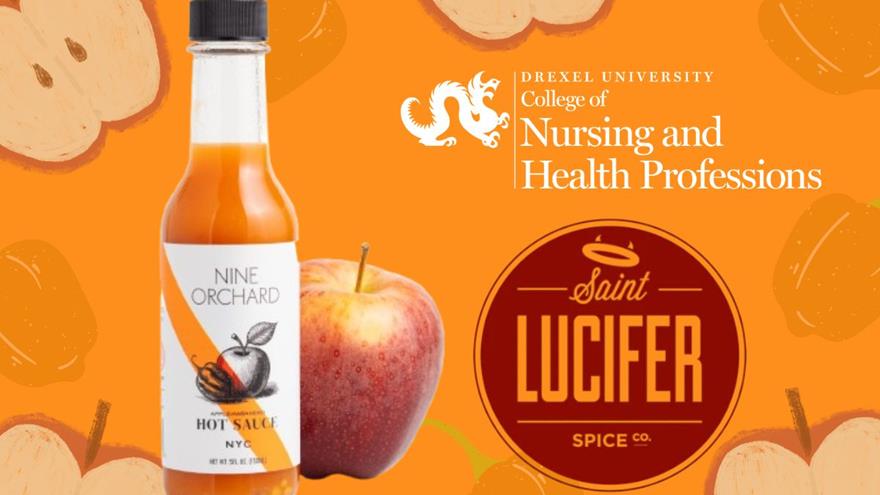Study Finds A Good Appetizer Could Make Your Main Course Less Enjoyable

- Drexel University Food Lab Partnership Brings Spice to New York City
- Early-Career Hiring Remains Active but Increasingly Selective, According to Drexel’s 2026 College Hiring Outlook
- Breaking Through the Ice Ceiling at the Olympics
- ADHD Symptoms Predict Distinct Creative Problem-Solving Styles and Superior Solving Ability

A good or mediocre appetizer has the potential to significantly change how the main course is enjoyed, according to one Drexel food science professor.
Jacob Lahne, PhD, an assistant professor in the Center for Hospitality and Sport Management, recently found that a comparatively good appetizer could make people enjoy the main course less than if it were preceded by a mediocre appetizer.
Lahne tested and analyzed subjects’ hedonic (liking) responses to a main dish of “pasta aglio e olio” (pasta with garlic and oil) after they had either a good or mediocre bruschetta appetizer. The good bruschetta was made with extra ingredients like balsamic vinegar and lemon zest, as well as fresher and better quality ingredients, like extra virgin oil and fresh basil compared to the blended olive oil and dried basil in the mediocre bruschetta.
The result? The good bruschetta was judged better than the mediocre bruschetta, but the pasta dish was liked more when preceded by the mediocre appetizer. One possible explanation for this result is that the very nature of the appetite-whetting first dish sways the consumer to compare it with the subsequent courses, to the latter’s potential detriment.

“It’s always worth remembering that our experiences are contextual—that is, what we like and don’t like, or taste and don’t taste, is not objective, but related to the environment, our state of mind, and many other variables. If you have a fantastic appetizer and then the main seems lackluster, that could be because of this type of contrast effect. That doesn’t mean you shouldn’t have fantastic appetizers!” said Lahne.
Lahne specializes in sensory evaluation, or the part of food science dedicated to understanding human sensory responses to foods (among other products). He says that there had been little research on how liking one dish might be influenced by other sequential foods in the meal until this study. With his co-author, Debra Zellner, PhD, a professor at Montclair State University, he published the findings of the study “The Great is the Enemy of the Good: Hedonic Contrast in a Coursed Meal” in Food Quality and Preference.
The study investigated whether the hedonic value of an appetizer affected the hedonic value of the subsequently eaten main course in a real-world meal setting (since hedonic contrast is typically tested laboratory settings). The study was tested on customers in the Academic Bistro, the Center for Hospitality and Sport Management's student-run, culinary-training restaurant, during January and February 2015. Dishes and ingredients were chosen based on the expertise of Chef Richard Pepino, executive chef of the Academic Bistro.

“I’ve always been interested in trying to understand the food choices people make, so doing research in Drexel’s Academic Bistro as a unique study space seemed like a natural approach,” Lahne said.
According to Lahne, the study was more targeted at chefs and other producers than consumers. He plans to continue researching the structure and limits of hedonic contrasts between dishes in real-world meals to better inform chefs, the food industry and home cooks.
In This Article
Contact
Drexel News is produced by
University Marketing and Communications.
